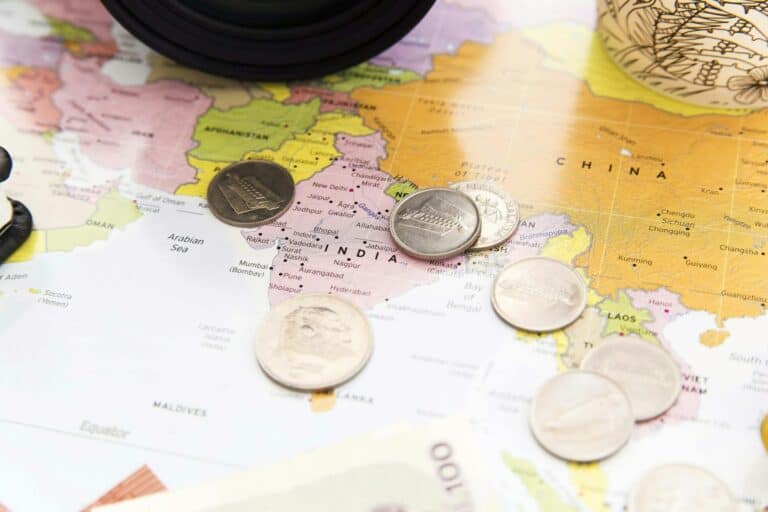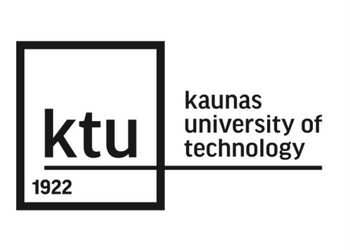If you are looking into studying in Europe, you most certainly have come across the abbreviation ECTS. But what is the ECTS, what does it mean, and why is it in every European course catalogue?
In this article, EDUopinions introduces you to the European Credit Transfer and Accumulation System (ECTS). You will learn exactly what it is, why it exists, and how it is useful important and beneficial to your education.
What is the European Credit System ECTS?

The ECTS is an international academic system that was created to enhance transparency and facilitate credit transfers through different European educational institutions. In other words, it enables students to move more easily between countries to study and transfer their credits because each European university now works with the ECTS. Therefore, universities automatically accept the credits you have previously received in another institution, and you can accumulate credits in various universities.
Are ECTS credits equivalent to study hours?
Each ECTS credit is equivalent to a 25-30 hours workload. For example, if your finance class is worth 5 credits, you can expect to work between 125 and 150 hours to complete it (class time, assignments, readings and revisions). Be aware, however, that this varies for each student. Some will need more time than others, and some will need less time.
The established workload of a full academic year is supposed to be between 1500 and 1800 hours in Europe. Hence, each year is usually worth 60 ECTS credits, a 3-year bachelor is worth 180 ECTS credits, a 2-year master’s is worth 120 ECTS credits, etc.
How do I calculate my ECTS credits?

In fact, you do not have to calculate your ECTS credits. Universities attribute a number of ECTS credits (typically between 3 and 7.5) to each course depending on their expected workload. Whether you pass a class with the highest or lowest passing grade, you will receive the same amount of ECTS credits. If you fail a class, however, you will not receive the corresponding ECTS credits. Therefore, the only calculation that you can do is to add up all credits from the courses you have passed in order to know how far along you are in your current academic programme. However, most schools tend to provide that information on your online student account.
Which countries use ECTS credits?
All member countries of the European Higher Education Area, or EHEA, use this credit system. Therefore, whether you go to HEC Paris, IESE Business School, Rotterdam Business School, or any other European university, each credit that you earn is valid in every other university of the EHEA (except for the United Kingdom).
Several universities that are not members of the EHEA also accept ECTS without requiring conversion. Yet, they will need to translate your grades and credits into the structure they use. Nevertheless, the fact that so many institutions recognise the validity of the ECTS says a lot about its quality.
How can I convert ECTS to other credits?
ECTS are easy to convert in most cases. For example, one American credit is worth two ECTS credits. Therefore, if you apply for an MBA in the US after a bachelor in Europe, you know that a 60 credit programme is equivalent to a two-year master in Europe (120 ECTS credits). You can use the same conversion rate for UK universities.
In conclusions, the ECTS is a very international credit system by default. Many universities that use other systems recognise the high-quality standards of ECTS. Hence, the ECTS allows you to benefit from a very diverse and international education.
On another note, do you know what GPA stands for and why it is important for your studies? On our blog, you will find numerous useful articles like this one to prepare for your studies and a successful career.
Recent Posts

Studying abroad for a semester or a full year can be an incredibly enriching experience. You'll get to experience a new culture, meet new people, and ...

If you're thinking of studying a technical subject like engineering at university, it's crucial that you choose a university that has a rigorous ...

Although it's possible to sail through university without giving a thought to what you're going to do afterwards - concentrating only on enjoying ...

